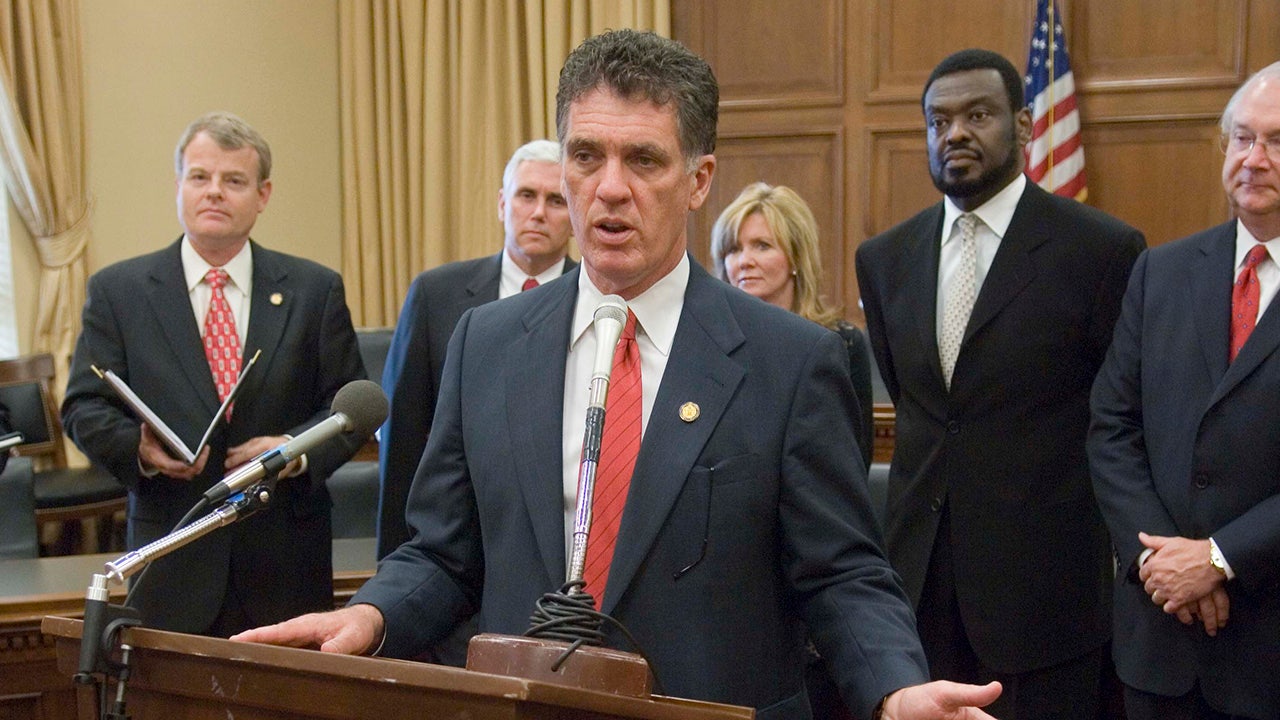Smash the age-riarchy.
Men who get married age slower than those who do not — but the same cannot necessarily be said for women, a new study showed.
The research, recently published in the journal International Social Work, took a look at how tying the knot impacted the process of growing old — revealing profound inequalities.
Experts tracked the health and well-being of adults aged 45 to 85 over a period of 20 years to understand how their marital status impacted their health — looking at a list of markers to determine whether or not each participant had aged “successfully.”
Physical health, mental health, social wellness and self-perception related to age were all considered when making their determination.
Overall, the study showed, married men aged more successfully than their never-married peers. But that’s only if they stay married — separation, divorce and the death of a spouse were likely to have a negative impact.
Married women on the other hand, did not age much differently than their female peers who never wed, the findings revealed.
Those who did get hitched and then unhitched were shown to be at a disadvantage over their married and single friends, however.
This may be linked to the fact that women enjoy flying solo a whole lot more than men.
A study recently published in Social Psychological and Personality Science found that women were happier being on their own, less likely to want a significant other, more sexually satisfied and more content overall.
Experts said this is because women are more likely to have supportive platonic relationships to fall back on and because romantic relationships are less beneficial for them because they’re more likely to take on a larger share of household duties and have their sexual pleasure undervalued.
But for both men and women, the stability of a marriage is more influential for a person’s health than just having a ring on their finger.
Many studies have shown that being married improves people’s health — but this is one of the first to have thoroughly accounted for changes in people’s marital status.
Recent data published in Global Epidemiology revealed that marriage helps reduce death rates by a third for females.
Another recent study published in the Nature Human Behavior journal found that singletons around the globe are in greater danger of experiencing mental health issues than their hitched peers.
Investigators found that unmarried folks are 79% more likely to become depressed than people who are wed.
Just as alarming, widows are at a 64% risk of grappling with the chronic condition, while divorcees have a 99% higher likelihood of suffering depression when compared to happily wedded sweethearts.
Marriages have been on the rise of late, while legal breakups have been dwindling since weddings and dating were put on pause during the COVID-19 pandemic.
The number of marriages jumped from 5.1 per 1,000 people in 2020 to 6.2 by 2022 — the highest rate observed since 2018 — according to the Centers for Disease Control and Prevention (CDC).
There were more than 2,065,000 marriages in 2022, marking the first time the U.S. hit the 2 million mark since 2019.
And it turns out that New York recorded the highest percentage increase — a 21% spike — in 2022 compared with 2021.















